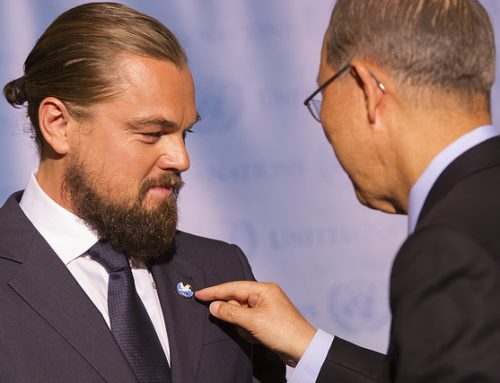Happy Earth Day! Happy Living Room Revolution! Because a Living Room Revolution is what this planet needs right now and there’s no one better suited to nail it than the person who sent in the winning entry for our $500 Get Satisfied Award – and wrote the book! Our five judges have voted, without knowing the names of any of the entrants, and prolific Cecile Andrews is the winner. Her other classic books are The Circle of Simplicity, Less Is More, and Slow Is Beautiful. Huge thanks to everyone, including judges Tamsen Butler in Nebraska, Derek Hambrick in Georgia, Katherine Hauswirth in Connecticut, Jon Myhre in California, and Erik Richardson in Wisconsin, all co-authors of our Get Satisfied book.
Now, without further ado, here is the winning submission by Cecile Andrews to inspire the mainstream about postconsumerism:
“Time to Talk! Conversation as a Strategy for Social Change
We need to change things! We know that. There are so many problems.
But how do we change our society? Social change seems to happen when there is a massive response from people — people are in the streets, they’re voting, they’re talking about the issues.
How do we build this kind of response?
Too often activists advocate policies without really engaging or involving people. We need to find ways to lure people into involvement in social change! Help them see how meaningful it is! One way to do this is to bring people together to talk.
Conversation is an overlooked strategy for social change, even though it has figured prominently throughout history — the coffee houses of 18th century England, the salons of the French Revolution, the consciousness raising groups of the women’s movement. Conversation is a strategy that can galvanize people!
Over the years I’ve found there are three levels of conversation: the personal, the public, and the political.
The Personal Response
Conversation involves connection and response to people in a congenial, convivial manner — making people feel welcome and appreciated. So try this: develop the habit of ‘stop and chats.’ Talk to everyone! Whether it’s about their puppy or their electric car. Chat when you go for your walks or you’re standing in a line or sitting next to someone in a cafe!
(In fact, Oprah has developed a campaign of ‘Just Say Hello,’ citing the pernicious effects of the growing loneliness and isolation of our culture.)
When we greet each other, we create a culture in which people feel they belong, and they begin to care for others.
In a conversation you don’t argue with people; you don’t try to convince. Just tell your story and ask others about theirs. Conversation is a barn raising, not a battle.
Everyday personal conversations evoke the habit of response and connection — the first step in social change because people learn to turn to each other.
The Public Response
The next step is to build on this practice of personal conversation. Groups or organizations must bring people together in small groups to talk in greater depth about matters of substance. People are hungry for this kind of in-depth connection! For instance, every time a group has a speaker, they need to follow the presentation with a small group of people talking together.
Further, you can build ongoing conversation circles. Conversation circles have three parts: Exploring your own experience, exploring the cultural forces affecting us, and brainstorming actions for change.
For instance, in discussing the subject of ‘community,’ the three questions would be: When in your life have you experienced community? What forces in our society make it difficult to have community? What steps can you take to build community — both personal and public? Any topic can use this basic approach.
A conversation circle is cooperative and egalitarian. It helps people develop the habit of coming together, to respond with collaboration and equality. Most of all, it helps people feel connected and cared for.
Such social experiences are so important that Robert Putnam, author of Bowling Alone, recommends that all groups and organizations develop a ‘social capital impact statement’ showing how they’re building connections and community!
The Political Response
Ultimately, we need a political response: marches, demonstrations, and rallies — huge events that involve hundreds of people. They must be occasions of community and caring and joy! The experience of joyful community is the key to massive change.
So let’s quit having a lot of dull, boring speeches at our public meetings! Ask people to turn to each other and talk! Put chairs in circles; serve food. You need singing and chances for people to gather for conversation. And maybe dancing in the streets!
These protests will succeed because they build on the skills learned in daily conversations and small groups — because we have learned the habit of turning to one another. If we become committed with talking to each other, a massive outcry for change can build. In the process we learn that we are always ‘better together.’
John Dewey said that ‘Democracy is born in conversation.’ History has taught us that the biggest force for change begins when you take time to talk. It’s something we can all begin to act on now.”





